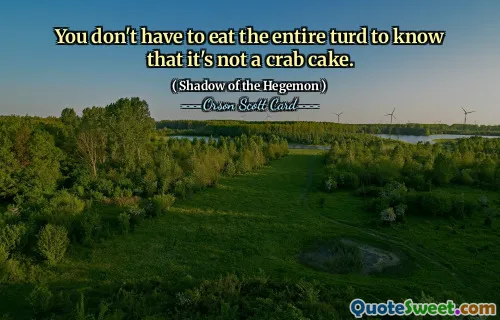
Whatever belief that doesn't make you happier, stronger, healthier or wiser, surely doesn't deserve to be sheltered in your mind.
The quote underscores the importance of cognitive and emotional clarity in our beliefs. In a world inundated with information, opinions, and ideas, it's easy to hold onto beliefs simply because we've always believed them or because they are comfortable, rather than because they serve our well-being. Genuine beliefs should be a source of growth, happiness, resilience, and wisdom. When a belief fails to contribute positively to our life, it acts as a mental baggage rather than an asset.
From a psychological perspective, clinging to such beliefs can hinder personal development and mental health. For instance, beliefs rooted in fear, prejudice, or falsehoods may create suffering or hinder progress. Conversely, beliefs that promote understanding, compassion, and truth are more likely to foster happiness and resilience.
It's also about mindfulness and self-awareness—frequently questioning what we accept as true and examining whether it aligns with our growth journeys. When beliefs serve no purpose or are detrimental, releasing or reconsidering them can free mental space for more meaningful and beneficial perspectives.
This quote invites us to be selective in what we allow into our minds and to practice discernment. Just as we would curate our physical environment to improve our well-being, so should we curate our internal world. Doing so can lead to a more fulfilling life, with beliefs that truly support our happiness, strength, health, and wisdom.
In essence, beliefs are powerful tools in shaping our reality. When used wisely, they become catalysts for positive change, but when neglected or misused, they become burdens. Recognizing this helps us focus on nurturing beliefs that underpin a richer, healthier, and more enlightened existence.







